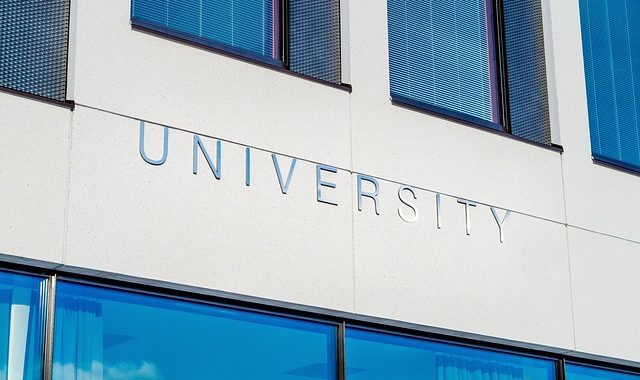What’s Wrong with Title IX?
Title IX is a federal law that prohibits discrimination based on sex in federally-funded education programs. Its most visible application is probably in the context of women’s collegiate sports, but the law actually covers much more than that.
Considering sexual harassment and sexual violence to be a form of sex-based discrimination, the U.S. Department of Education interprets Title IX to mean that any educational institution which receives federal funding must ensure that sexual harassment and sexual violence do not interfere with any student’s education.
‘Sounds like a good thing, right? Unfortunately, it doesn’t always work out that way. The problems which arise under Title IX are not reflective of the law itself so much as how educational institutions administer the law.
What does a Title IX investigation look like?
Under the Obama Administration, the Department of Education issued a series of guidelines intended to demonstrate to institutions what investigations and disciplinary actions for sexual assault allegations ought to look like. These guidelines encouraged schools to aggressively tackle assault allegations, and in the process, they arguably neglected the accused student’s due process rights. Because Title IX investigations and disciplinary actions occur within a school, not a court of law, the same protections and rights normally afforded a defendant in a criminal trial do not apply.
In September of 2017, the Department of Education released a new set of guidelines, addressing some of the issues with the previous guidelines, and further revising the guidelines to be friendlier to accused students. However, universities, like all large institutions, may be slow to implement these changes. Accused students, therefore, still need to be especially careful to protect their rights during campus Title IX proceedings.
Can’t a school decide to do things a different way?
While these guidelines are not mandatory, schools receiving federal funding necessarily feel pressure to follow them. Even if a school wished to provide the best procedural protections to students accused of sexual assault, it may justifiably feel constrained by the department’s guidelines and unwilling to put its federal funding at risk.
Some institutions have become more willing to allow accused students to be represented by an attorney during Title IX proceedings. Depending on the school, this representation may be somewhat more limited than it would be in a criminal case—the attorney may or may not be permitted to address the disciplinary committee on the student’s behalf, cross-examine witnesses, present a unified defense theory, or introduce evidence. Still, having an attorney involved during a Title IX investigation and hearing can help an accused student understand the allegations against them, mount a defense, and point out issues and weaknesses in the accuser’s case.
I’m facing a sexual assault accusation on campus—should I hire an attorney?
Yes. Even if your school allows little participation by counsel in its Title IX investigation process, an attorney can help your case tremendously behind the scenes, especially in preparing you to present your defense to a disciplinary committee or hearing officer.
The stakes are very high here—a negative outcome in a Title IX hearing can mean suspension or expulsion from your school, which can in turn affect your ability to finish your education and possibly even to pursue the career you choose. Don’t allow these things to happen to you. Mounting the strongest defense possible. The earlier you have an attorney on your side, the better. If you are up against a Title IX investigation in Washington, contact us today at 206.826.1400 or solutions@marshalldefense.com to schedule a consultation.





